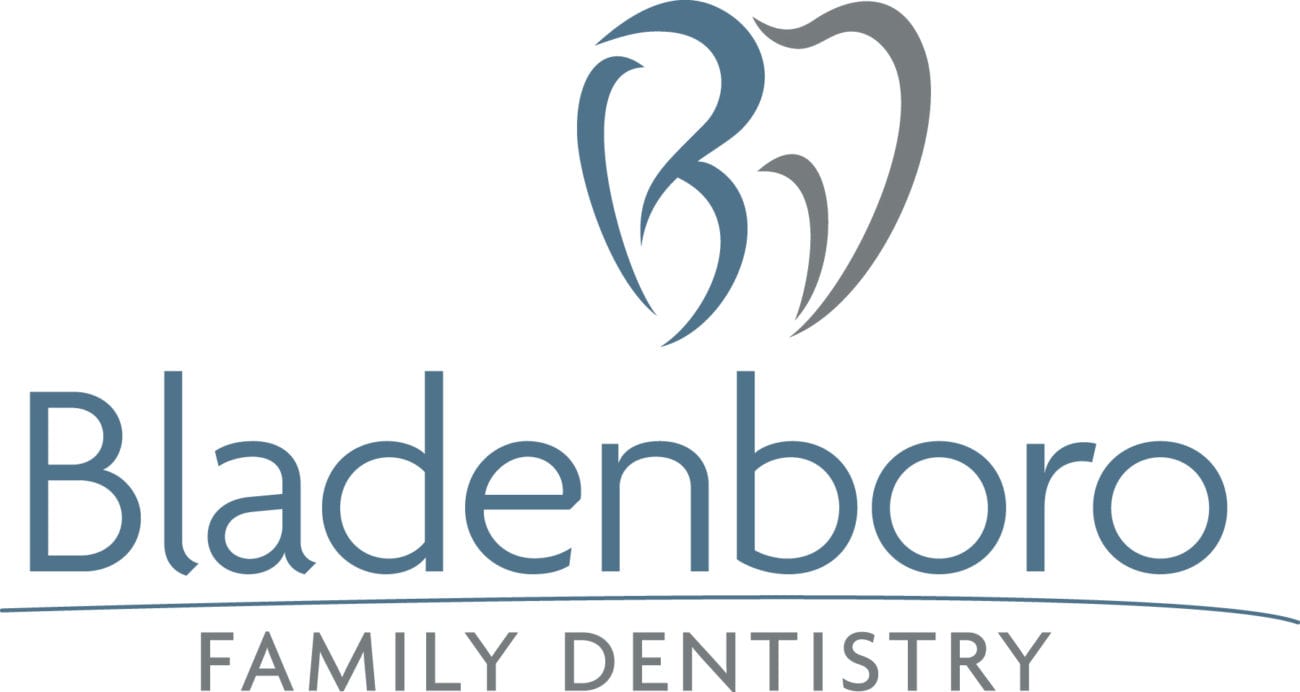Maintaining a healthy and gorgeous smile involves practicing good oral habits and adhering to proper oral hygiene routines. However, your oral health is also subject to factors beyond your control, including genetics.
If a member of your family suffers from certain dental problems, then there is a chance you could be prone to them too. With help from your dentist, you can combat these threats to the look and feel of your smile to keep your teeth and gums looking and feeling their best.
Schedule a dental check-up to get the preventive oral healthcare you need in light of your inherited dental risk factors. And review three dental problems that might develop due to your genetics as well as how to preserve your oral health with these risk factors when you read on.

Dental Misalignment
Many people want a straight, even-looking smile, but certain factors might cause teeth to grow crooked, including your genetics. Poor oral habits in childhood could push teeth into misalignment. But a small jaw, gaps between teeth, and other malocclusions can be inherited.
Not only will you feel self-conscious with a dental alignment issue, but a bite problem might also disrupt your oral function and dental health. Your dentist can fix alignment concerns with clear braces in many cases.
These problems can be easier to treat when diagnosed early. So make sure you attend dental check-ups that include x-ray imaging to monitor the position and growth of your teeth.
Aggressive Oral Bacteria
Your mouth naturally contains bacteria that aid in digestion but can also contribute to the formation of plaque on your teeth. This sticky film will feel uncomfortable but also encourage the breeding and spreading of bacteria. You remove excess bacteria with oral hygiene.
If left unchecked, bacteria can eat away at your dental structure, infect your gum tissue, and cause other oral health problems. But some people might inherit aggressive oral bacteria that will cause complications even with diligent oral hygiene habits.
These patients may be more prone to oral infections like gum disease, which can cause serious damage to their smiles. A dentist can help these patients better protect their oral health against this type of bacteria. They may recommend using an antibacterial mouthwash, for instance, to balance bacteria.
Weak Tooth Enamel
Each of your teeth features a hard outer shell called enamel that protects the sensitive and vulnerable interior of the tooth from wear and tear and other external threats that could harm it. Sometimes increased pressure on the teeth or poor oral habits could damage the enamel and hurt the tooth. But some people might have a weaker dental structure due to their genetics.
Weaker teeth could face a higher risk of cavities and many other dental issues. So these patients should speak to their dentist to find ways to build strength in their teeth. This can include fluoride treatment that will fortify the enamel to better resist tooth decay.
